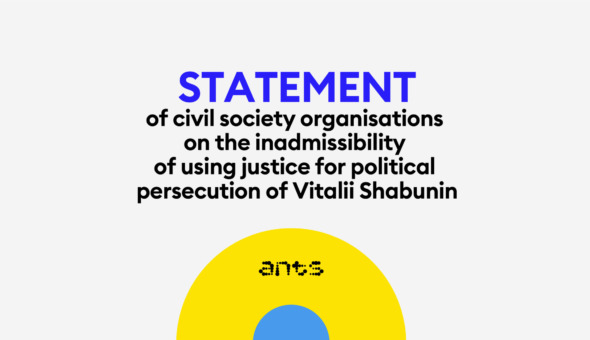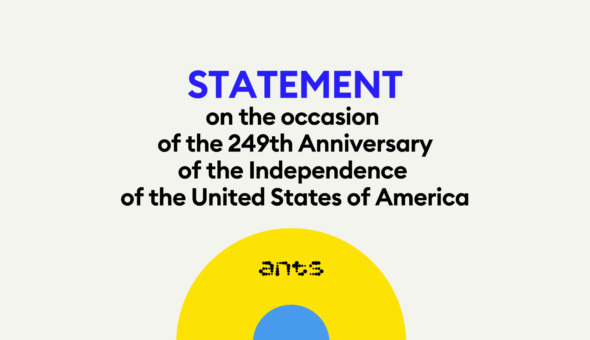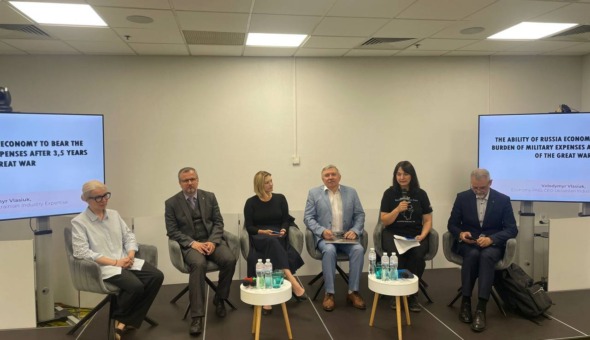
This is the question that is currently worrying the participants of the HALLI 2.0 project, who did not make it to the list of 60 teams selected by the Competition Commission to participate in ideatons. We cannot comment on every application, but we have tried to collect the main reasons for the failure of applications for this year’s competition. There are actually two main reasons:
- The submitted team did not study the terms of the competition and evaluation criteria carefully enough; accordingly, the application lacked the necessary information and could not compete with others where all requirements were taken into account.
- Applicants did not understand or misunderstand the main goal of the hackathon – support of social innovation ideas; accordingly, not all ideas contained social innovation as a component of the project. Thus, many ideas with infrastructural solutions, such as roof repair or the construction of a playground, remained out of focus.
Here, it is worth explaining in more detail. Of course, a repaired roof or a modern playground can improve the quality of life in the community, but, firstly, these issues should be taken care of by the local self-government, and secondly, despite all the importance for the community, such projects cannot be classified as innovations if it’s just another repair or a typical site. We hope that Methodological Recommendations and Algorithms for Providing Assistance to Local Self-Government Bodies in the Restoration of Territorial Communities, developed by colleagues from the National Interests Advocacy Network “ANTS”, will help our applicants solve such problems.
We are very grateful to all the teams that applied to HALLI 2.0, and we hope that this short post will help you look at your projects from a different angle and find support and partners for their implementation. Even if your application is not successful, our team will not let you out of our sight and will certainly offer you participation in other projects and initiatives. So let’s stay in touch!
The project is implemented by the NGO National Interests Advocacy Network “ANTS” with the financial support of NED.



